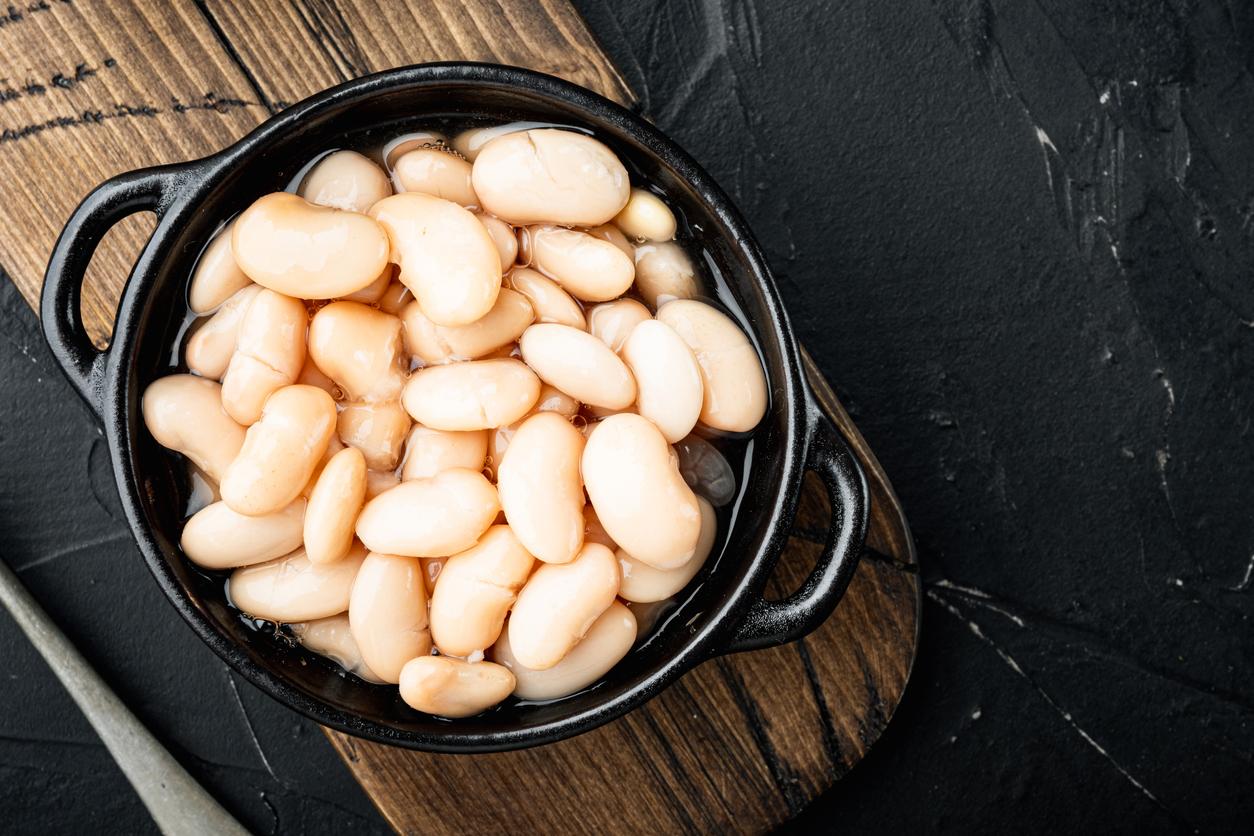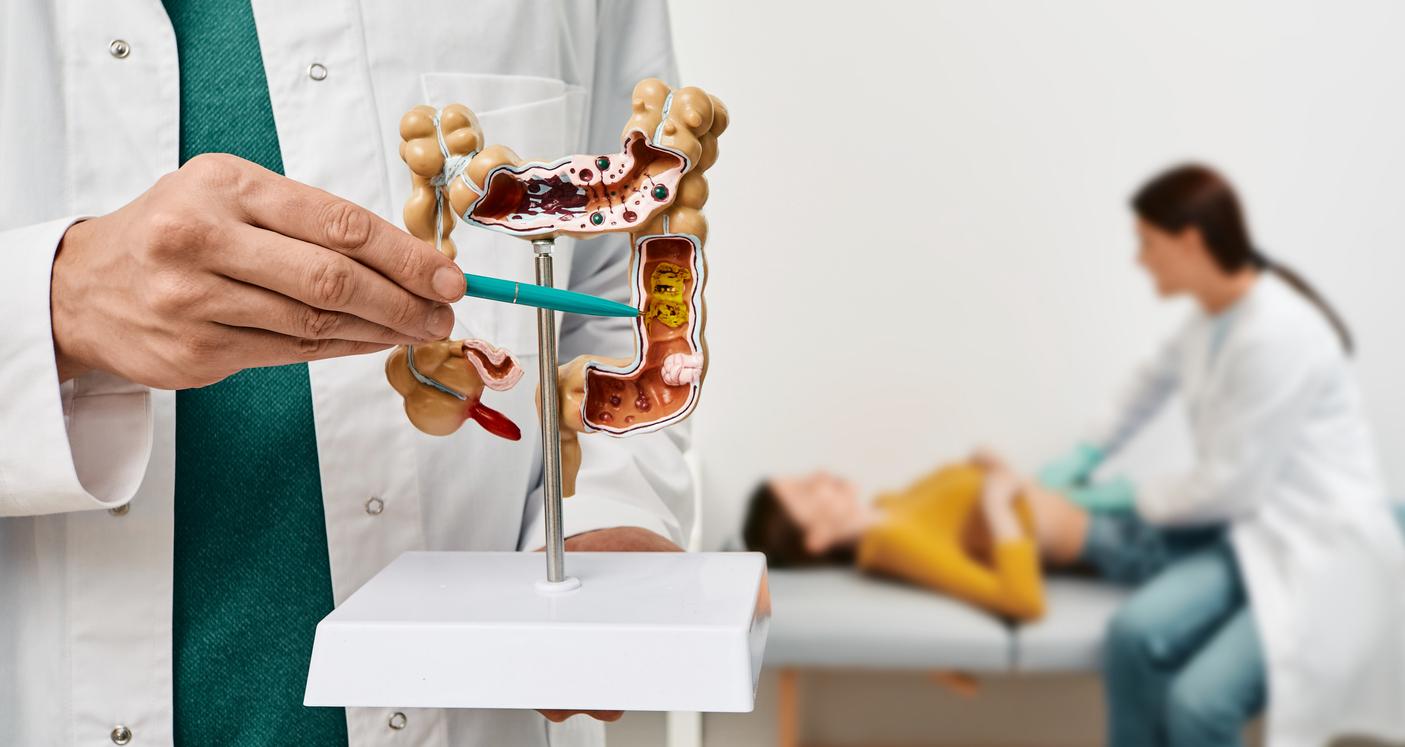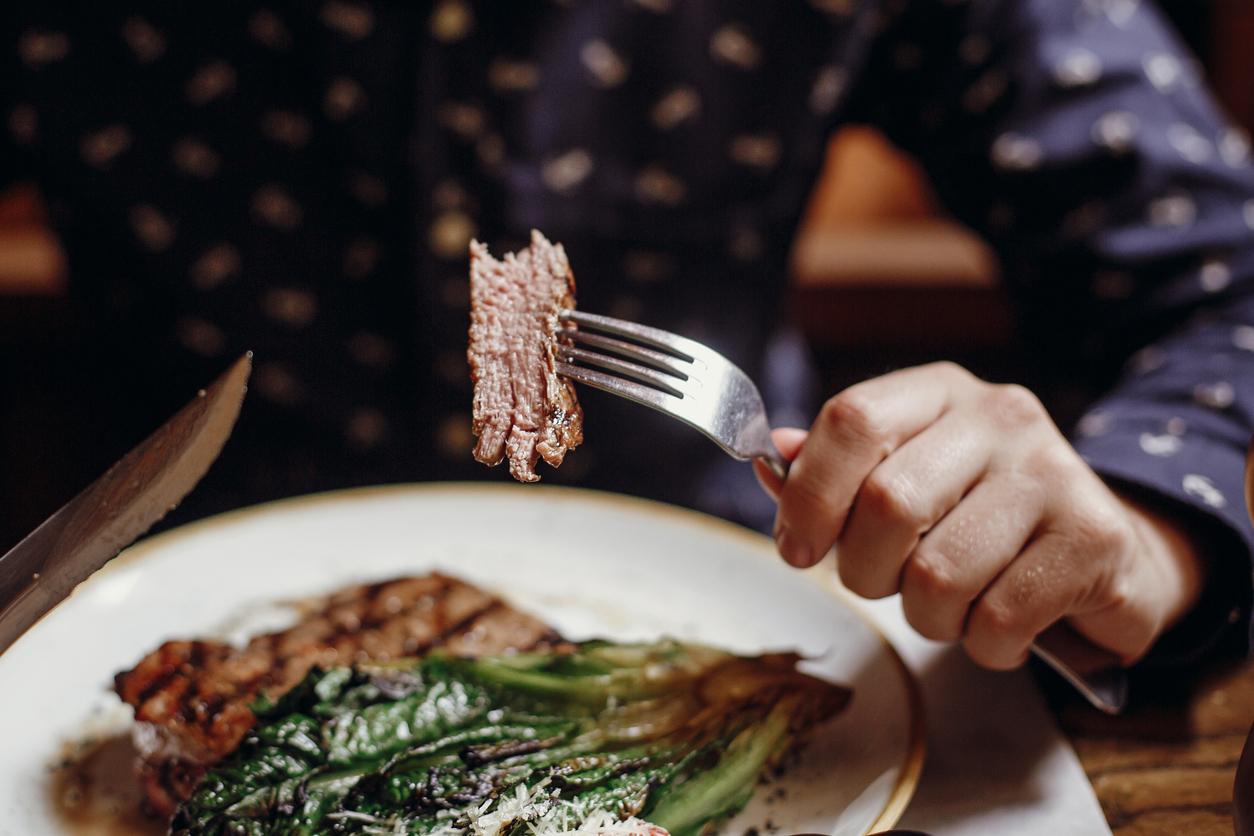Almost all colorectal cancer tumor cells have the same specific mutated gene, which offers possibilities to develop therapeutic approaches.
-1573131231.jpg)
All sexes combined, colorectal cancer is the third leading cause of cancer in France. We are also part, with the United States, Japan, and Australia, of the countries where the risk of developing colorectal cancer is the highest. According to forecasts by theNational Cancer Institute, we should reach 45,000 new annual cases in 2020. However, good news is on the horizon! A group of German researchers from the University of Würzburg have discovered that in almost 90% of colon cancer cases, a specific gene – the APC gene – is mutated. The study looked for targets in these cells that could be used to destroy them. The findings of this research were published on November 4 in the journal Nature Cell Biology.
A gene responsible for cancer cells
So when the researchers knocked out a gene called eIF2B5, the mutant colon cancer cells underwent programmed cell death, a self-destruction system by which the body normally eliminates damaged or aged cells. Healthy cells, on the other hand, were able to cope with the gene inhibition without any alteration. “We wanted to find genes that are only important for the survival of cells carrying APC mutations, but not for healthy cells,” said Dr. Armin Wiegering, head of a junior research group at the JMU Biocentre and medical doctor in surgery at Würzburg University Hospital.
Researchers now know of a site where new antitumor drugs could have a targeted effect. “We have thus identified a very specific Achilles’ heel for tumors mutated by APC,” rejoices Martin Eilers, cancer researcher at the Biocentre. The efficacy of inhibiting the elF2B5 gene has been successfully demonstrated in animal experiments. Since the gene is not fully active in mice, they do not develop colon cancer as quickly and survive much longer.
Place for future research
The study does not stop there, because the elF2B5 gene is only one of the five subunits of the eIF2B gene complex on which the researchers want to investigate further. “We also want to characterize the other subunits and see if we can also find specificity for them,” says Armin Wiegering. We will then establish a method to degrade eIF2B5 in cancer cells. If successful, it could lead to a new treatment option.”
Colorectal cancer develops on the inner lining of the colon and rectum, and in some cases can reflect our lifestyle. Certain factors, such as alcohol or tobacco consumption, physical inactivity, lack of fiber in the diet, excess red meat or overweight can aggravate its occurrence. At first benign, it ends up becoming cancerous if it is not taken care of quickly. Discovered at an early stage, colorectal cancer offers a good chance of survival. According to the figures published by Public Health France, the five-year survival rate for colorectal cancer is 63%. In his 2018 reportthe International Agency for Research on Cancer (IARC), 21% of colorectal cancers in people over 30 are attributable to alcohol consumption.
.















